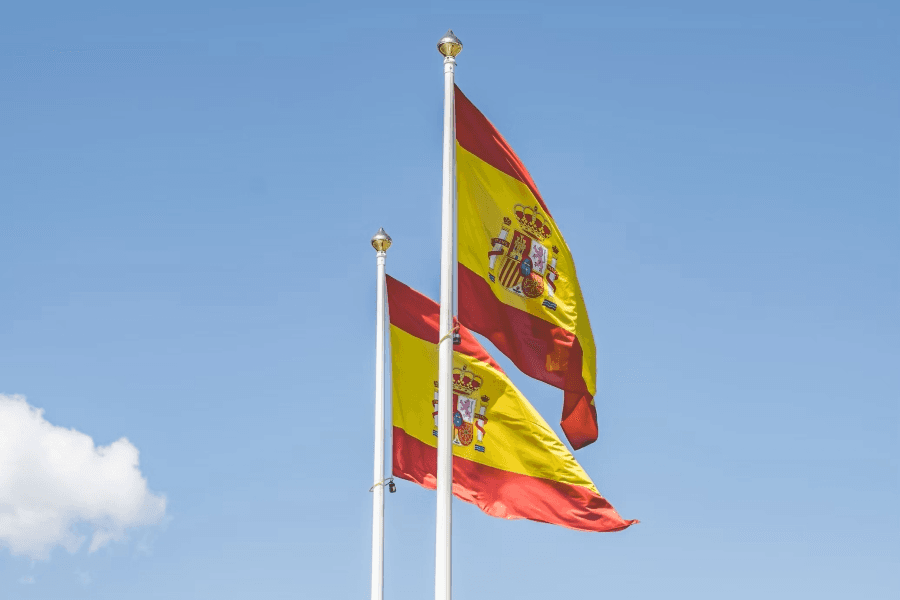Illinois Sports Betting Tax Hike Goes To Governor For Approval
Share This Tags The Illinois state legislature has passed a budget bill that more than doubles the tax rate on sports betting revenue. Governor JB Pritzker, who proposed the tax hike earlier this year, is expected to sign the bill into law, setting the stage for a significant shift in the state’s burgeoning sports betting market.
The Illinois state legislature has passed a budget bill that more than doubles the tax rate on sports betting revenue. Governor JB Pritzker, who proposed the tax hike earlier this year, is expected to sign the bill into law, setting the stage for a significant shift in the state’s burgeoning sports betting market.
Governor Pritzker’s initial $51.3 billion budget proposal included a plan to raise the sports betting tax rate from 15% to 35%. However, the final bill passed by the legislature takes a more nuanced approach, implementing a tiered tax structure that starts at 20% and gradually increases to a maximum of 40% on revenue above $200 million.
Tiered Tax Structure
The new tax rates are structured as follows:
According to the analysis, the tax hike will have a significant impact on the state’s leading sportsbook operators, DraftKings and FanDuel. If the new tax rates had been in place last year, FanDuel would have paid 136% more in taxes, while DraftKings would have paid 126% more.
The sports betting industry has been vocal in its opposition to the tax increase. The Sports Betting Alliance, which represents BetMGM, DraftKings, FanDuel, and Fanatics, has urged customers to contact legislators, warning that the higher taxes will result in worse products, promotions, and odds for Illinois bettors.
The news of the tax hike has already had an impact on the stock prices of major sportsbook operators. Following the Senate’s passage of the budget bill, DraftKings and FanDuel saw their stock prices trend downward, with DraftKings dropping 10.3% and FanDuel declining 7.7%.
Industry experts have expressed concern that the Illinois tax hike could set a precedent for other states to follow suit. In the past year, Ohio has doubled its sports betting tax rate, and New Jersey legislators have introduced a bill to increase the mobile sports betting tax from 14.25% to 30%. However, not all states are quick to jump on the tax hike bandwagon, as evidenced by Massachusetts Senators’ recent rejection of a proposal to raise the online sports betting tax to 51%.
The increased tax burden on sportsbook operators could have direct consequences for Illinois bettors. As the industry has warned, the higher taxes may lead to less favorable odds, reduced promotions, and an overall diminished betting experience for consumers in the state.
While the tax hike is expected to generate an additional $1.1 billion in revenue for Illinois, it remains to be seen whether this increase will offset the potential loss of market share and reduced profitability for sportsbook operators in the state.



 2024-05-31
2024-05-31












